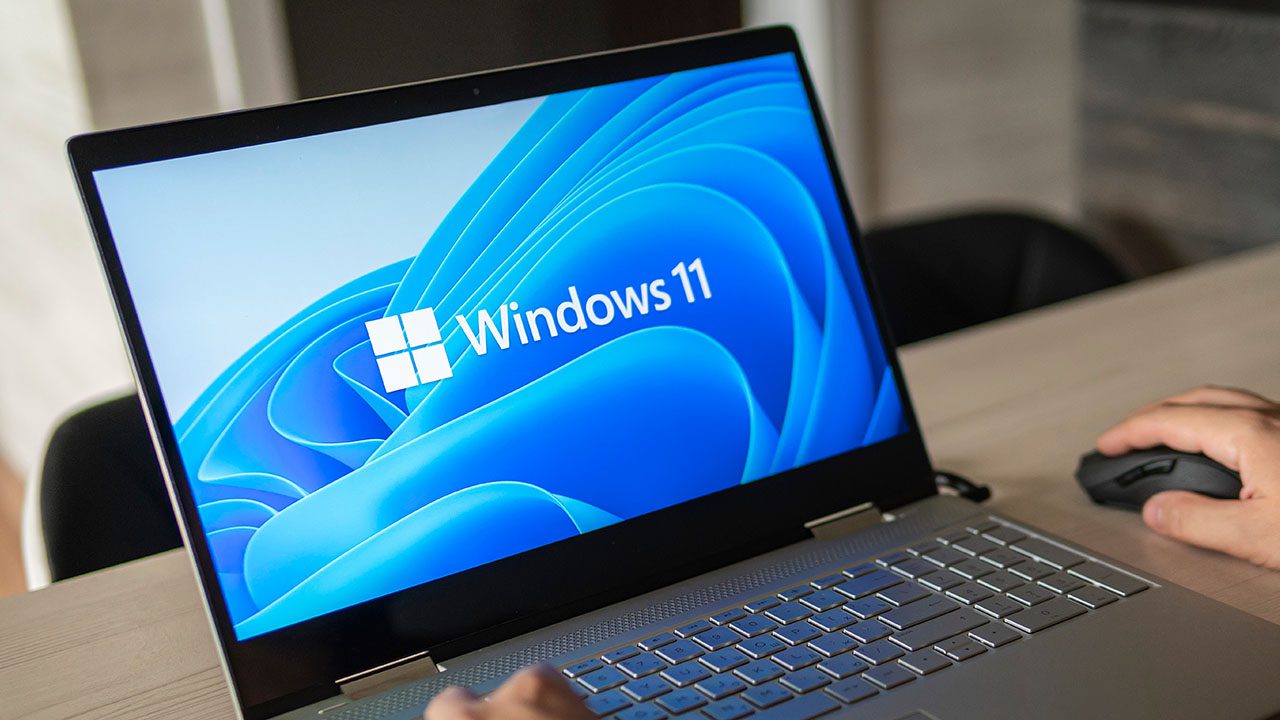Patch Tuesday
- Blog
- Patch Tuesday

Microsoft’s October 2023 Patch Tuesday Updates Fix 103 Security Flaws
Microsoft announced the release of the October 2023 Patch Tuesday updates for Windows 10 and Windows 11 yesterday. This month, the company has addressed 103 security vulnerabilities, including three actively exploited zero-day flaws affecting Microsoft WordPad, Skype for Business, and the HTTP/2 protocol. October 2023 Patch Tuesday updates fix over 100 vulnerabilities In October, Microsoft...
- Oct 11, 2023
-
LATEST

Microsoft Releases September 2023 Patch Tuesday Updates for Windows 11 and Windows 10
- Sep 13, 2023
-
Microsoft released the September 2023 Patch Tuesday updates for Windows 11 and Windows 10 yesterday. The monthly updates were quite easy to miss yesterday as Apple’s iPhone 15 event pretty much dominated the news cycle, but there’s actually quite a lot to discuss this month. This month, Microsoft fixed a total of 65 vulnerabilities in…

August 2023 Patch Tuesday Updates are Now Available on Windows 11 and Windows 10
- Aug 08, 2023
-
Microsoft has released today the August 2023 Patch Tuesday updates for Windows 11 and Windows 10. This month, Microsoft fixed 86 vulnerabilities in Windows, Office, and other components, and you can also expect the usual bug fixes and quality improvements. After the July Patch Tuesday update for Windows 11 version 22H2 enabled the new “Moment…

July Patch Tuesday Updates Are Out With ‘Moment 3’ Features
Last Update: Jul 14, 2023
- Jul 11, 2023
-
Microsoft has released today the July Patch Tuesday updates for Windows 11 and Windows 10. The KB5028185 patch for Windows 11 version 22H2 brings the new “Moment 3” features that Microsoft previously made available in the optional update released in the last week of June. Microsoft’s patches for July 2023 also include fixes for 130…

Microsoft Releases June 2023 Patch Tuesday Updates
- Jun 13, 2023
-
Microsoft has just released the June 2023 Patch Tuesday updates for Windows 11 and Windows 10. On the security front, the software giant has fixed more than 60 vulnerabilities in Windows, Office, and other components, with six security flaws being rated as “critical.” On the quality and experiences update front, Microsoft is adding Bluetooth Low…

Microsoft Releases May 2023 Patch Tuesday Updates for Windows 11 and Windows 10
- May 09, 2023
-
Microsoft has just released the May 2023 Patch Tuesday updates for Windows 11 and Windows 10. This month, Microsoft fixed a total of 38 security flaws in Windows and other components, and there are seven critical vulnerabilities in the list. On the quality and experience updates front, Microsoft has fixed an interoperability issue between…

Microsoft Releases April 2023 Patch Tuesday Updates for Windows 11 and Windows 10
- Apr 11, 2023
-
Microsoft has released today the April 2023 Patch Tuesday updates for Windows 11 and Windows 10. This month, Microsoft fixed 97 vulnerabilities in Windows and other components, with one of them being already exploited by attackers. On the quality and experience updates front, Microsoft is making the new Windows Local Administrator Password Solution (LAPS)…

Windows 11 Version 22H2’s Latest Patch Tuesday Update May Degrade SSD Performance
- Mar 21, 2023
-
The March Patch Tuesday update for Windows 11 version 22H2 may be causing some new SSD performance issues, according to various user reports. This is the “Moment 2” update that introduced various new features to Windows 11 including a search box in the taskbar as well as AI-powered recommendations in the Start Menu. Since the…

March Patch Tuesday Updates Bring New Windows 11 Features and Fixes for 74 Vulnerabilities
- Mar 14, 2023
-
Microsoft has just released the March 2023 Patch Tuesday updates for Windows 11 and Windows 10. For Windows 11 users, today marks the public rollout of the “Moment 2” feature update that brings a new search box to the taskbar and many other new features. On the security front, this month’s Patch Tuesday updates include…

Microsoft’s February Patch Tuesday Updates Fix 75 Windows Vulnerabilities
- Feb 14, 2023
-
Microsoft has released today the February 2023 Patch Tuesday updates for Windows 11 and Windows 10. As usual, the company fixed dozens of vulnerabilities in Windows and other components, including two security flaws that are already being exploited by attackers. On the quality and experiences update front, Microsoft has brought some fixes to Windows Search…





